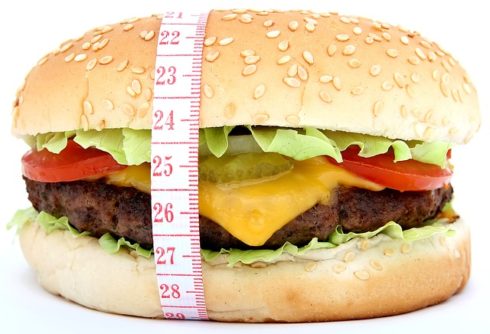How to Lose Weight With a Diet Rich in Saturated Fats

For those who are looking how to lose weight with a diet plan, it is usual these days to find information advising to consume less saturated fatty acids and to replace them with monounsaturated and polyunsaturated ones. A relation has been established between saturated fatty acid intake and elevated risk of cardiovascular disease.
Numerous studies have demonstrated that increased saturated fat intake leads to unhealthy blood lipid concentrations and inflammation. However, recent investigations seem to point that not all types of saturated fatty acids are similar, and that other characteristics of a food might increase or diminish the effect of saturated fats on health. One factor to consider is gender. Men may be at a higher risk than women. Another one is the source of the saturated fat, saturated fat-rich palm oil and animal fats such as lard or butter may have different effects.
Healthy diets may include saturated fats In its December 2014 issue, the American Journal of Clinical Nutrition published the results of 3 independent studies on the effects of the intake of palm oil from various sources, olive oil, sunflower oil, and lard on blood lipids and inflammatory markers. One study found no significant effects of palm oil consumption on blood lipids and markers of inflammation, the second one suggested that both palm oil and lard increased total cholesterol and LDL cholesterol (“bad” cholesterol), while in the latter study palm oil produced lower plasma triglycerides than did olive oil; there were no effects of any of the treatments on inflammation.
Data from the third study provided convincing evidence that the position of palmitic acid on the triglyceride molecule can influence how the body responds to this fat. Surprisingly, lard and modified palm oil lowered blood lipids, whereas natural palm oil had the opposite effect. Another interesting result was that increases in blood lipids after meals were lower in women than in men. These contradictory findings illustrate that not all saturated fats negatively affect health in all people. They also reconfirm that men and women may respond differently and that important biological and chemical interactions determine the actual effects of fats on health. Your diet meal plans wouldn’t mine a little cheese.
Cheese is another food with particularly high content of saturated fatty acids. In the same line of evidence several studies have suggested that cheese consumption may actually decrease the risk of cardiovascular disease. Researchers at the University of Copenhagen compared the effects of either full-fat cheese or butter intake as dietary supplements on circulating cholesterol concentrations. Consumption of a high dairy diet, cheese? cheese diet resulted in lower total, LDL, and HDL cholesterol (“good” cholesterol) concentrations than did consumption of a high-butter diet.
Cheese consumption did not result in any adverse blood lipid concentrations. It is evident that the current knowledge about the effects of high-fat diets on human health needs a thorough revision. In the meantime, if you are making efforts to lose weight and love a little fat in your habitual diet plan, you may feel a little safer eating those delicious treats. But in any case, keep watching the size! Ladies especially; a moment of deliciousness on the lips can be a lifetime on the hips.
